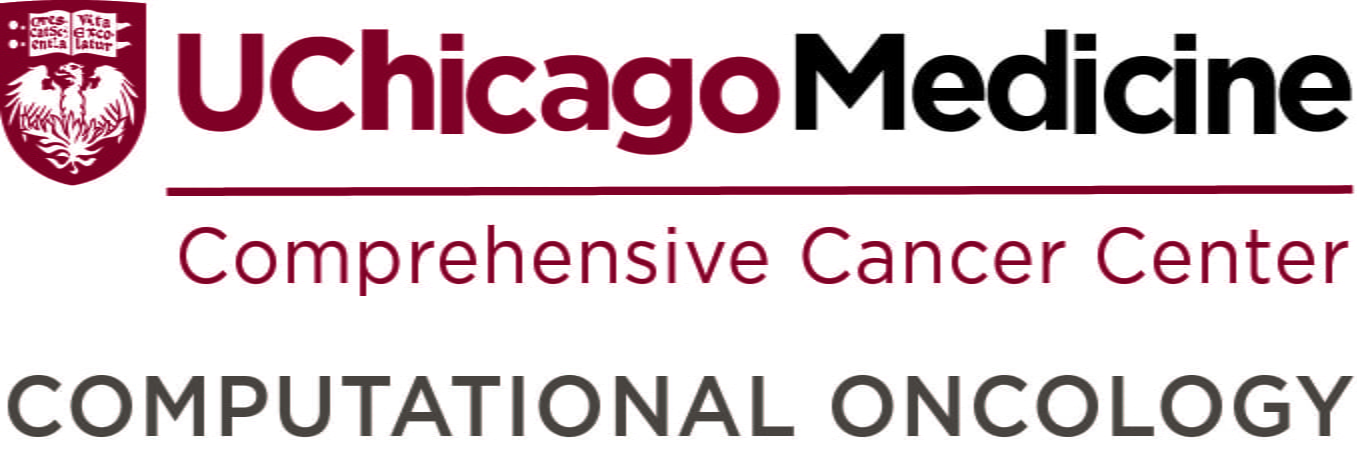About the Director

Ahmed Fadiel, MS, PhD
COU Director
Ahmed Fadiel, MS, PhD
Background: Dr. Fadiel received a dual master’s degree in Comparative Effectiveness, Clinical Investigation, and Clinical Informatics (MSCI-CEIR) from New York University School of Medicine. He obtained his PhD degree in genetics through a bi-national joint program in Egypt with Yale University. He also has additional intensive training in molecular biology from Yale Osborn Memorial Labs; database design, implementation, and management from Yale Organizational Development & Learning Center; computational biology and bioinformatics training from an Intelligent Systems for Molecular Biology conference workshop at Edmonton, Canada; and advanced statistics from the SAS Institute and York University in Canada. He has more than 25 years of computer experience using UNIX, Linux, and other systems. He started using computers and programming at an early age and continues to use computer systems to solve biological questions. After completing his postdoctoral fellowship, he worked at the Center for Genomics Research supercomputing facility at the University of Toronto. He later returned to Yale University where he managed and developed the informatics platform for the Yale Center for Research in Reproductive Biology and built the first data integration and sharing system for reproductive sciences. Dr. Fadiel was a faculty member at New York University Grossman School of Medicine, Vanderbilt University Department of Biomedical Informatics, and the University of New York. He was the chair of the National Data Coordination Center and advisor to the Bioinformatics and Risk Assessment Center at Tuskegee University in Alabama. Over the course of 25 years, he directed and co-directed multiple computational biology and bioinformatics core facilities and programs. He co-chaired and served as a board member for more than 25 workshops and international meetings in Europe, Africa, Canada, and the United States. While working in the industry, he was a Chief Informatics Officer and Informatics Advisor on many projects for both profit and nonprofit organizations. He is currently the co-founder and director of the University of Chicago Computational Oncology Unit.
During his research career, Dr. Fadiel has published almost 100 peer-reviewed research articles and numerous technical reports (in four different languages). He served as an ad hoc advisor and collaborator on many committees including the Parasite Genome Committee with Professor T. Morsy at Cairo University. He was a committee member of more than 15 national and international symposia such as the International Conference on Artificial Intelligence and Computer Systems in the United Arab Emirates, and the NIH Health Disparities & Genomics Symposium. He was a clinical and health Informatics panel member and collaborator for the Clinical Research Network at Duke University School of Medicine and the US Centers for Disease Control & Prevention. He co-organized many meetings such as the International Conference on Computer Imaging, Lisbon, Portugal.
Research interests: Computational oncology and bioinformatics deal with the processing of a myriad of data types, often related to omics. This large volume of data necessitates involvement of high-performance computing as well as new data manipulation and analysis tools. Dr. Fadiel’s primary interests encompass bioinformatics, computational oncology, biomarker discovery, machine learning (ML), artificial intelligence (AI), and big data management.
- Working together with the University of Chicago Center for Research Informatics (CRI) to develop a unified system for data sharing, management, and analysis. Currently, this is one of our top priorities and we are collaborating with the CRI to allocate resources for the project.
- Developing novel combinatorial algorithms for the discovery of cancer biomarkers.
- Analyzing omics data including genomics and proteomics in the quest for a better understanding of the process of disease progression. Much of his work focuses on the nature of human genes and proteins and how these elements drive cell machinery through a complex web of interactions.
- Identifying biomarkers for predicting the outcome of immunotherapy of ovarian cancer patients in support of precision medicine.
- Developing big data analytical tools and using ML and AI in omics data analysis
- Developing automated omics analysis platforms that include advanced data analysis tools such as:
- Advanced Proteomics Data Analysis Platform: Our proteomics platform can provide basic data analysis for example using Perseus including profile analysis, heatmap, GO analysis, STRING analysis, and other simple R packages such as TPP. The COU is working with the University of Chicago Proteomics Platform to include more analytical algorithms such as T-SNE, Fuzzy C-Means Clustering, prediction of protein-protein interactions, or casual pathway analysis. Currently, we have a common UI for these tools being developed. We are also exploring the approaches used to interpret multi-omics data such as the application of a causal-orientated model (e.g., CausalPath or COSMOS tool) to make connections between correlated changes in datasets or molecular profiles which is considered a comprehensive, consistent, and unbiased approach to generate novel biological hypotheses. This “causal” concept can apply to existing oncology data from in vitro and in vivo disease models and reveal unbiased biological connections and correlations.
- Advanced Metabolomics Data Analysis Platform: There is a plethora of metabolic data analysis tools that offer assistance in understanding metabolomics data from varied standpoints. Most of the existing software metabolomics tools and packages focus on ‘annotations’. Others are concerned with data analysis challenges with ‘LC-MS/ MS”. Programming languages used for these tools are mostly R language packages while others use Python and Java languages. We are working on developing a set of metabolomics tools that will provide speed, robustness, and access to advanced algorithms.
- Developing a unified omics data management platform that would include handling and analysis of omics data including an automated omics analysis platform with advanced data analysis tools that will cover RNA-Seq, scRNA-Seq pipeline, ChIP-Seq, exome sequencing, WGRS, consensus genotyping, de-novo assembly, somatic mutation detection, and small RNA-Seq. These COU services will focus cancer research.

